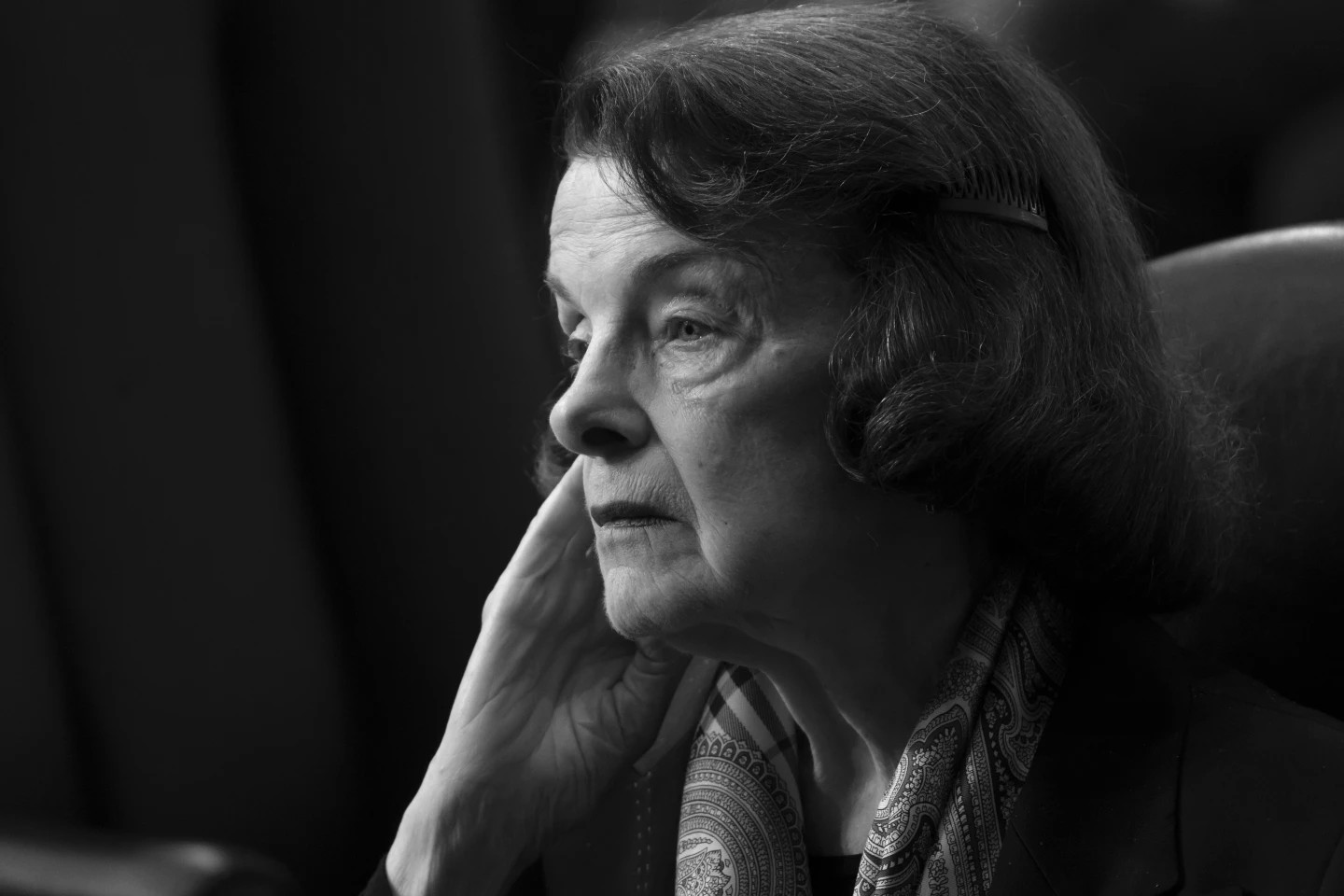U.S. Sen. Dianne Feinstein of California, a centrist Democrat who was elected to the Senate in 1992 in the “Year of the Woman” and broke gender barriers throughout her long career in local and national politics, has died. She was 90.
Feinstein died on Thursday night at her home in Washington, D.C., her office confirmed on Friday.
President Joe Biden, a fellow Democrat, called Feinstein “a pioneering American,” a “true trailblazer” and a “cherished friend” for him and first lady Jill Biden.
“Dianne made her mark on everything from national security to the environment to protecting civil liberties,” Biden said in a statement. “She’s made history in so many ways, and our country will benefit from her legacy for generations.”
Feinstein, the oldest sitting U.S. senator, was a passionate advocate for liberal priorities important to her state -- including environmental protection, reproductive rights and gun control -- but was also known as a pragmatic lawmaker who reached out to Republicans and sought middle ground.
She was elected to the San Francisco Board of Supervisors in 1969 and became its first female president in 1978, the year Mayor George Moscone was gunned down alongside Supervisor Harvey Milk at City Hall by Dan White, a disgruntled former supervisor. Feinstein found Milk’s body.
After Moscone’s death, Feinstein became San Francisco’s first female mayor. In the Senate, she was one of California’s first two female senators, the first woman to head the Senate Intelligence Committee and the first woman to serve as the Judiciary committee’s top Democrat.
Although Feinstein was not always embraced by the feminist movement, her experiences colored her outlook through her five decades in politics.
“I recognize that women have had to fight for everything they have gotten, every right,” she told The Associated Press in 2005, as the Judiciary Committee prepared to hold hearings on President George W. Bush’s nomination of John Roberts to replace Sandra Day O’Connor on the Supreme Court.
“So I must tell you, I try to look out for women’s rights. I also try to solve problems as I perceive them, with legislation, and reaching out where I can, and working across the aisle,” she said.
Feinstein’s chief of staff, James Sauls, called her “a force of nature who made an incredible impact” on California and on the nation and said she “left a legacy that is undeniable and extraordinary.”
“Her passing is a great loss for so many, from those who loved and cared for her to the people of California that she dedicated her life to serving,” Sauls said in a statement.

